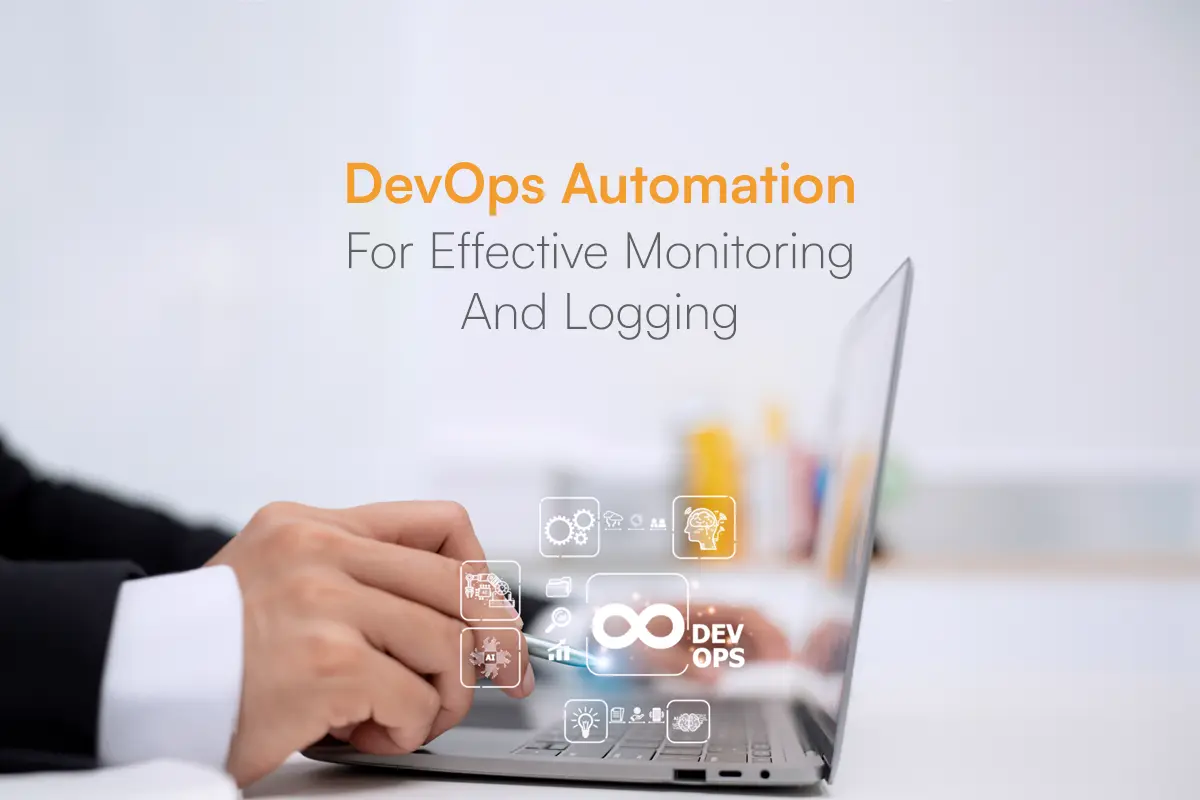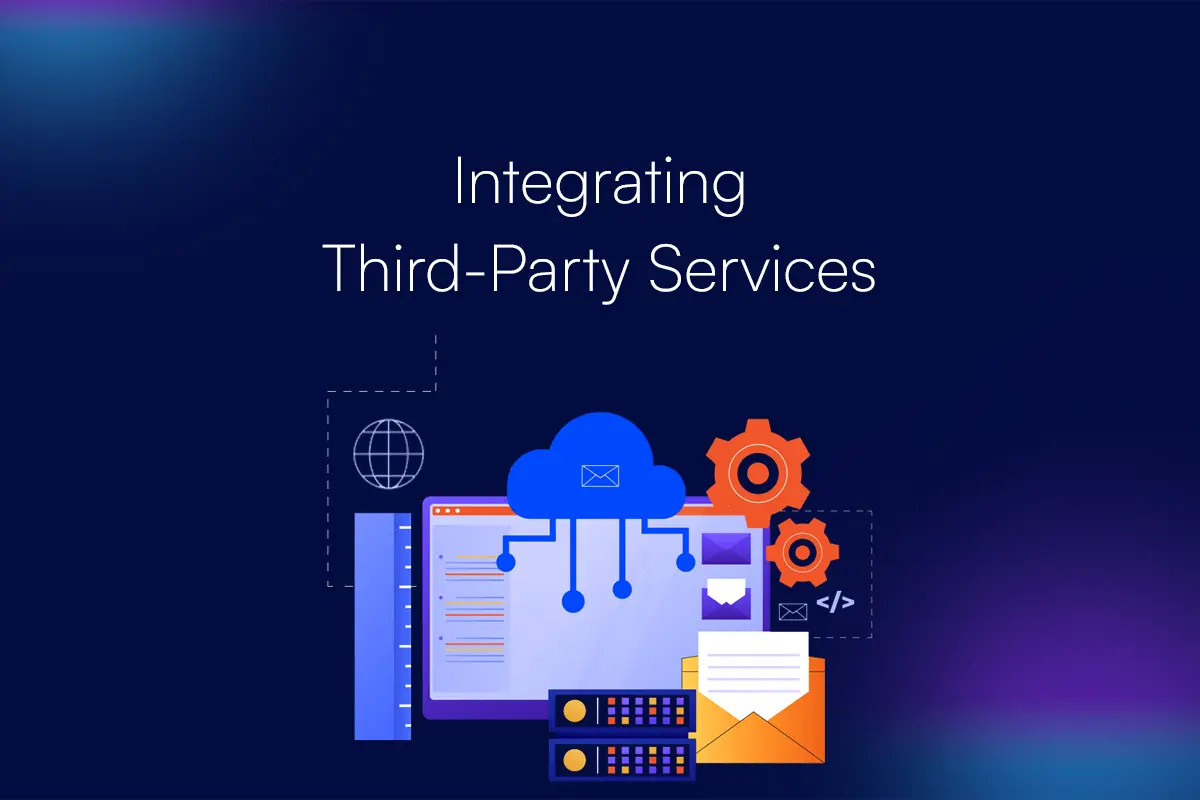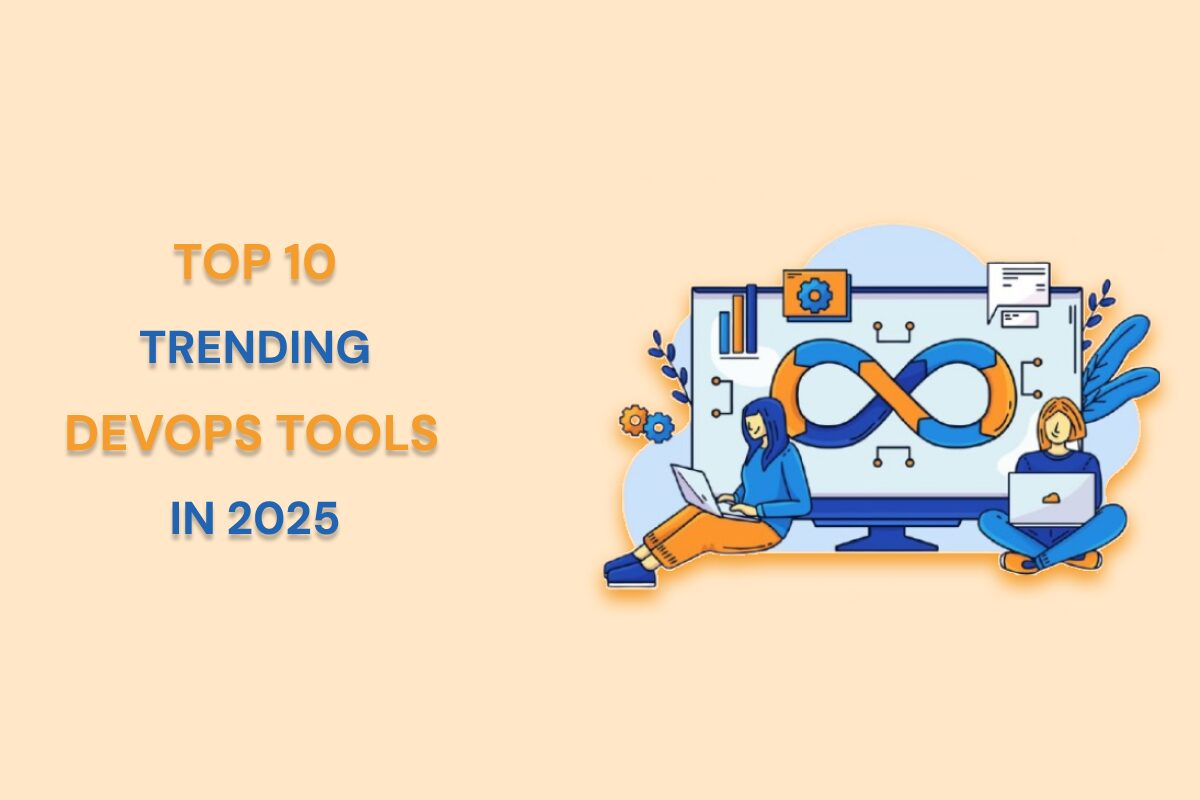What is DevOps?
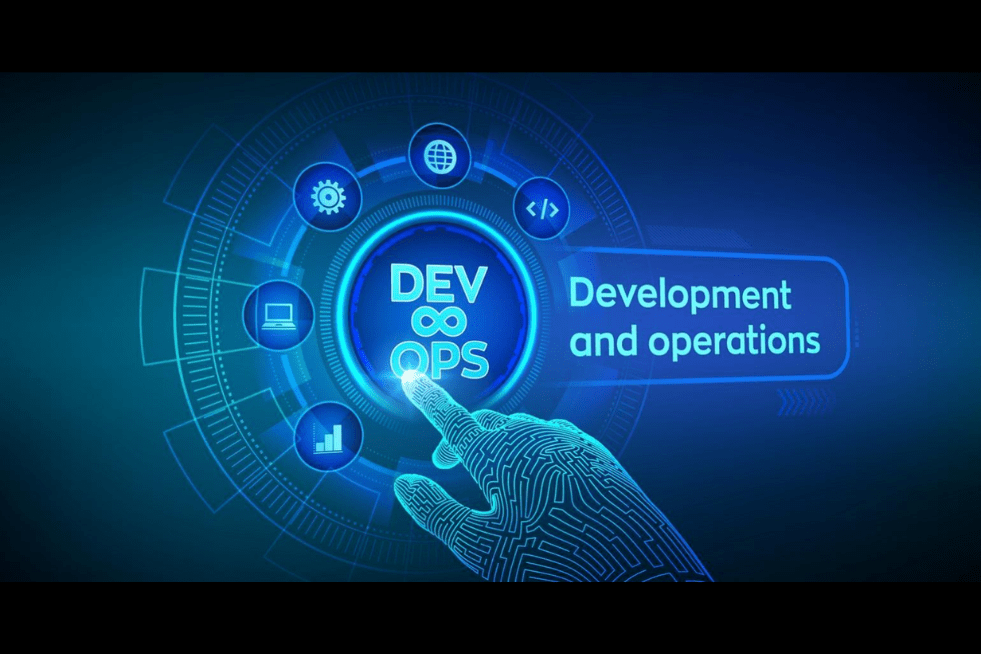
What is DevOps?
Before DevOps came into the picture, the IT industry used Legacy Models like the Waterfall Model and Agile Methodology for software development and deployment. We all know that DevOps is a combination of Development and Operations through which we can ensure successful application of both. The main challenges in the Legacy Model workflow that were faced by the IT industry were between development and operations team and as a result, the process of delivery of the product to the customers was slow and long. DevOps was created to solve this very problem by bringing together everyone involved in software development and deployment- business users, developers, testers, security engineers, system administrators, and occasionally others-into a single, automation flow with a single goal to deliver high-quality software quickly and at the same time, maintaining the integrity and security of the system. 
Phases of DevOps:
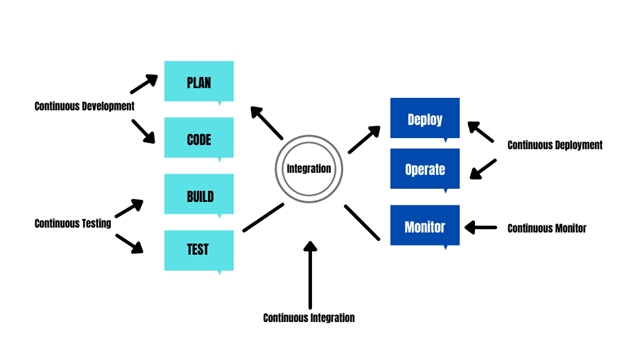
- Continuous Development This stage holds an exceptional spot in DevOps methodology that includes software planning and development. In this stage development team start designing and developing the software. Tools majorly used for maintaining the code version are GitHub, BitBucket etc.
- Continuous Integration This stage is the main phase of DevOps methodology. In this phase development team commit and merge their codes frequently. The time frame is daily or regularly which helps to identify any errors that occur and at the same time team can check and resolve them before deploying them to production servers. Jenkins is one of the best tools that can be used for continuous integration
- Continuous Testing This stage as the name defines consists of testing development functionality and generate reports relating to bugs. Everything is automated and performed in a continuous manner. It helps to save a lot of time as no manual test cases are to be performed. Selenium is one of the best tools for testing software flow
- Continuous Deployment This phase is all about deploying applications on the destination server and customers can view, access, and give feedback based on that. In this phase, the DevOps process deploys all changes which are passed through the testing phase and are ready to be deployed. Tools used in this phase are Jenkins, GitLab, BitBucket, TeamCity, CircleCI, AWS CodeDeploy etc.
- Continuous Monitoring It is all about the real-time behavior of infrastructure and applications and sending alerts if any errors or bugs are found within the system. Tools used in this phase are Datadog, Grafana, Prometheus, New Relic, Appdynamics, etc.
- Continuous Feedback To further develop any process, continuous criticism and evaluation is required. This aids in examining the results and enhancing the products. Along these lines, the steady criticism step is put between the turn of events and activities stages.
- DevOps work is a way where persistent advances are required in light of the fact that it wipes out pointless advances. The coherence likewise helps in making a superior item.
DevOps Tools
The important tools are as below:
- Git(Github, Gitlab,BitBucket)
- Ansible, Puppet, Chef
- Terraform (Iac)
- Docker, Docker Swarm, Kubernetes
- Cloud ( AWS, Azure, Google, Digital Ocean)
- Selenium, JUnit
- Splunk, ELK Stack
- Grafana, Prometheus, Promtail, Loki
- DataDog, Appdynamics, New Relic
- PagerDuty
Benefits of DevOps
DevOps advocates brag a large group of financial and mechanical advantages, a considerable lot of which can bring about fulfilled clients. A portion of the advantages of DevOps are as per the following:
- Product delivery that is both faster and better
- Issue resolution time is shortened, and the complexity of the problem is minimized
- Scalability and availability are improved
- Operating settings that are more stable
- More efficient use of resources
- Automation will become more prevalent
- Increased transparency into system results
- Increased creativity
Techify & DevOps
Techify propels better business results with DevOps Operations through automated structures with less planning and specialists available to perform every requirement you have. If you are looking for DevOps experts to help you with your solution, Contact Now.


